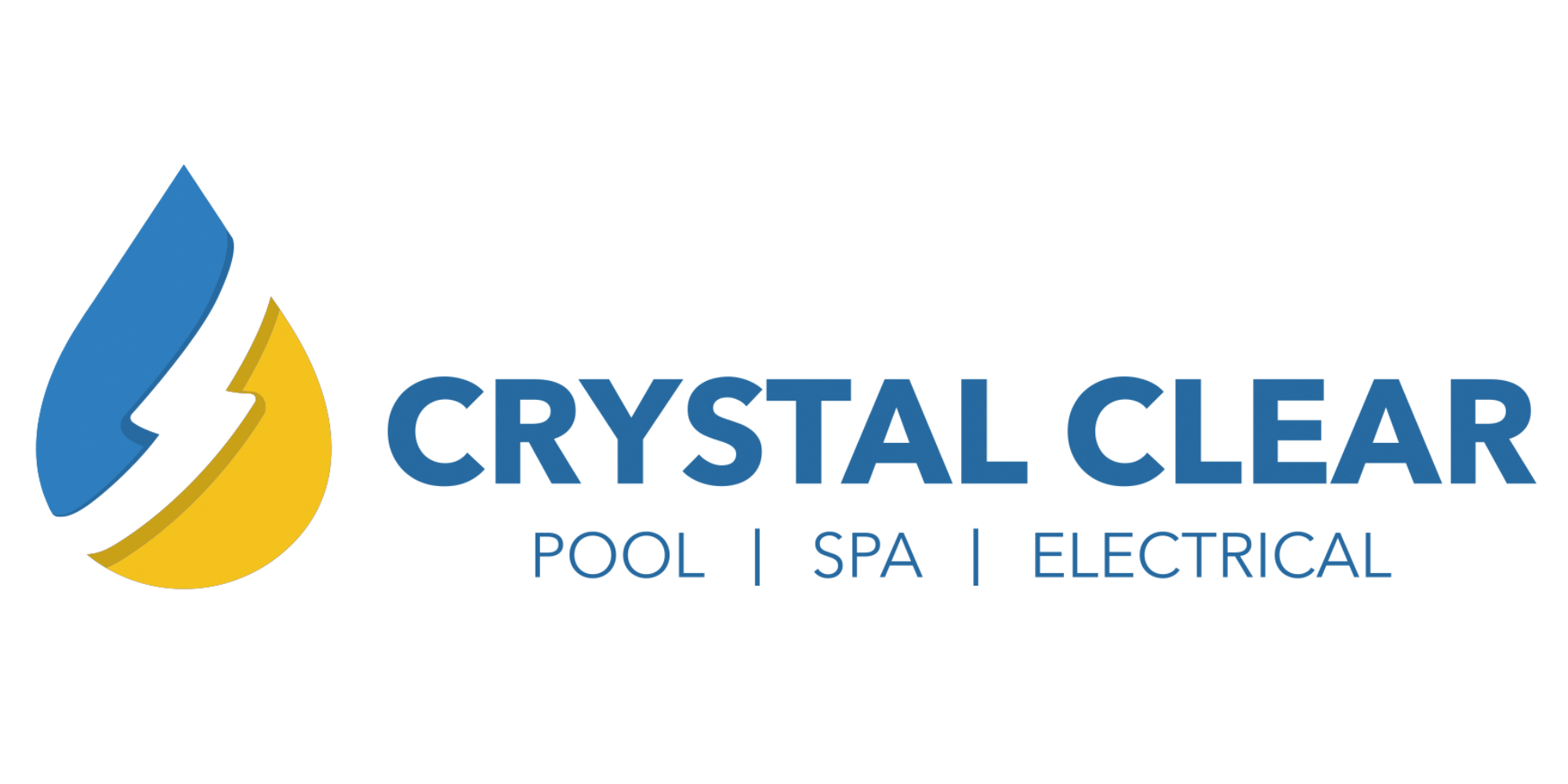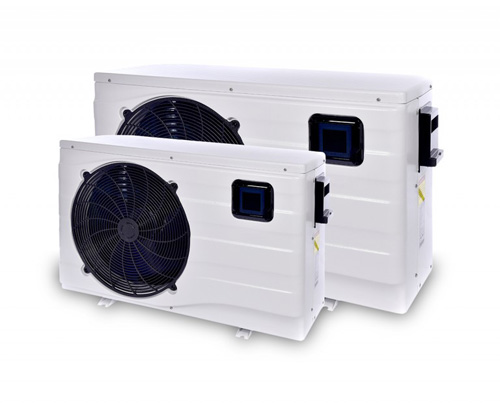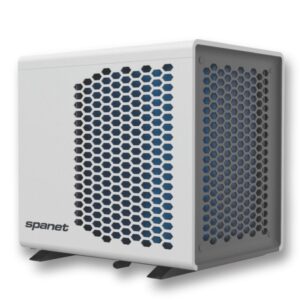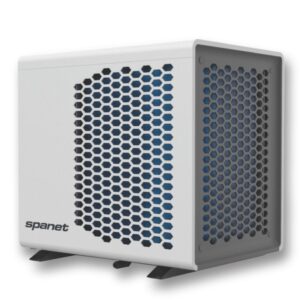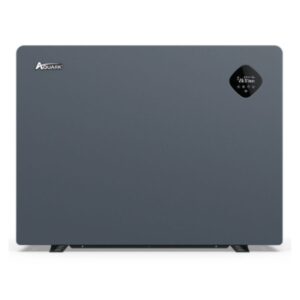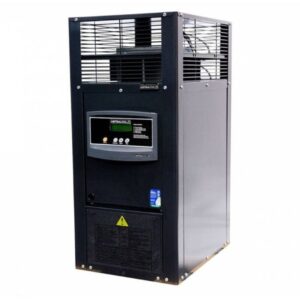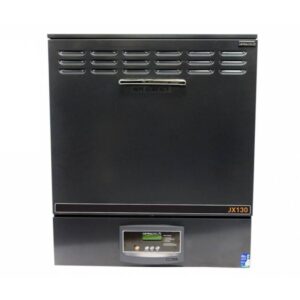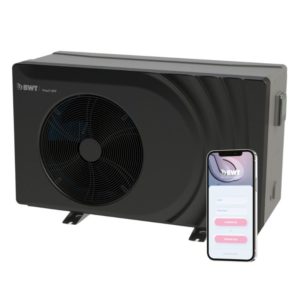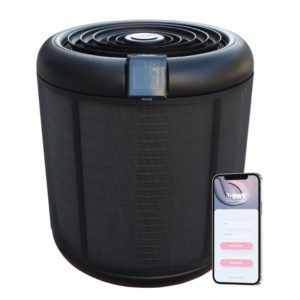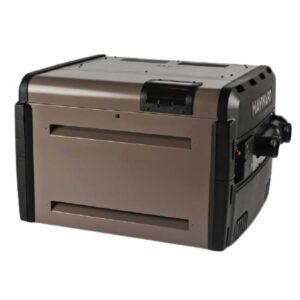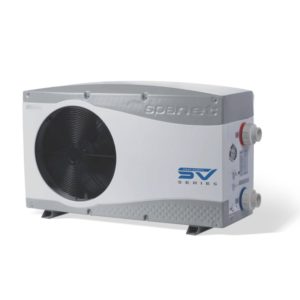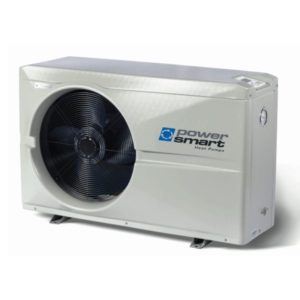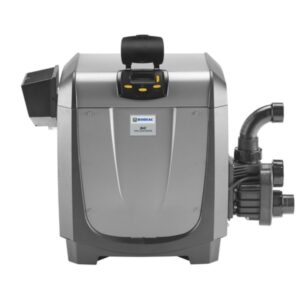Does your pool and spa heater need repair? Too hot, or too cold? Is it leaking or not turning on? Does it turn off while in use?
We can fix any pool or spa heating, or if needed, we can replace it with a new energy-efficient unit. Newer units feature digital settings, so you know exactly what the temperature is going to be.
Our spa and pool heaters are among the most energy-efficient available without compromising on performance. They are available in a wide range of sizes and models to suit most pools and budgets. One great benefit of this technology is the very low running cost. In a side by side comparison, a heat pump will cost around 60% less to run than a gas heater, making them perfect for anyone who wants to have their pool available 24/7, 365 days a year.
